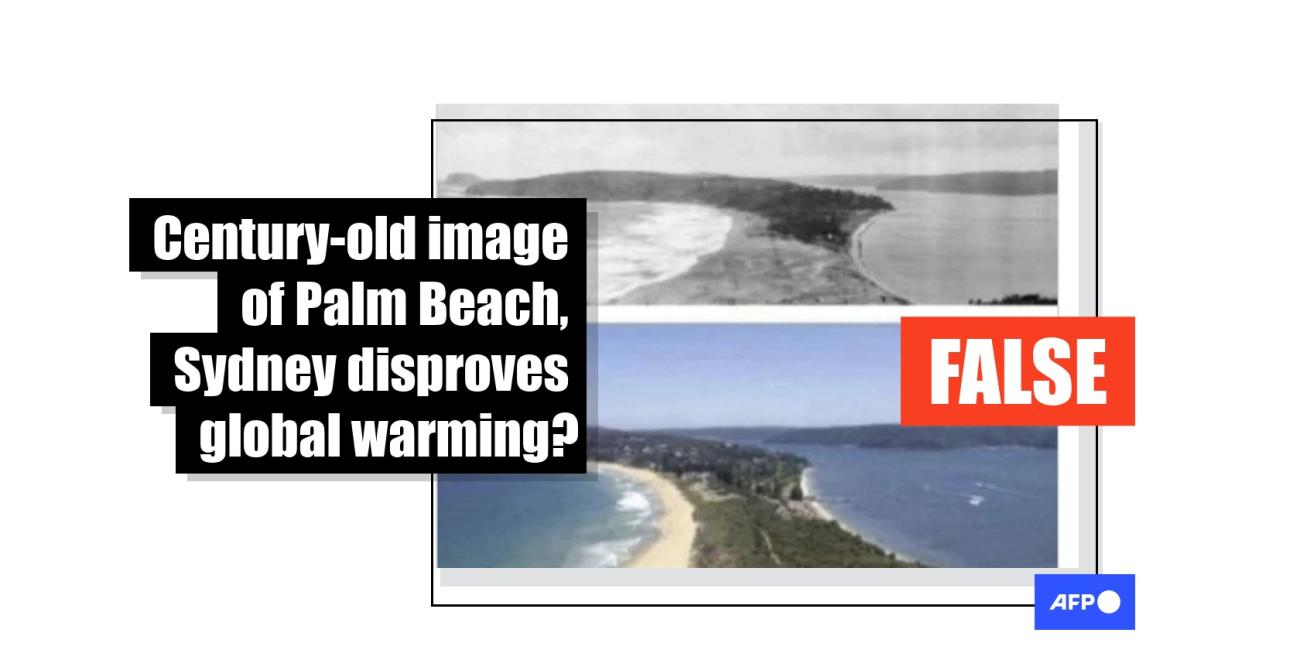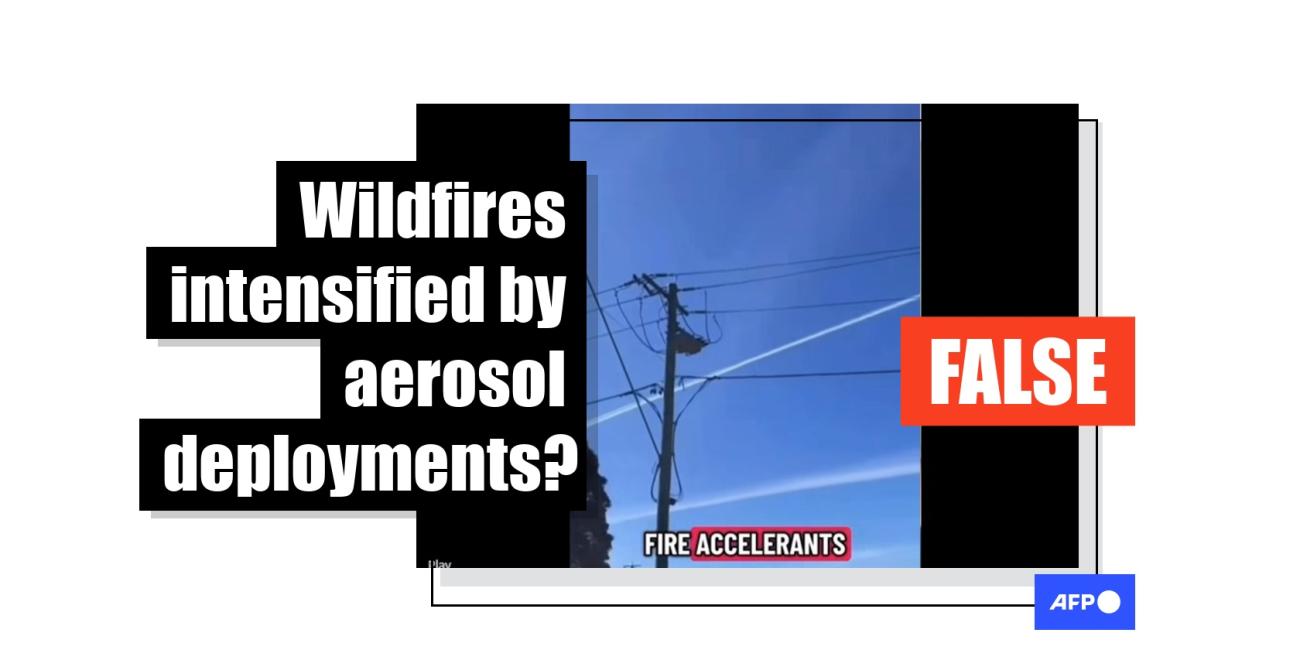
Experts warn 'AI-written' paper is latest spin on climate change denial
- Published on April 4, 2025 at 20:35
- 3 min read
- By Manon JACOB, AFP USA
The paper rejects climate models on human-induced global warming and has been widely cited on social media as being the first "peer-reviewed" research led by artificial intelligence (AI) on the topic.
Titled "A Critical Reassessment of the Anthropogenic CO2-Global Warming Hypothesis," it contains references contested by the scientific community, according to experts interviewed by AFP.
Computational and ethics researchers also cautioned against claims of neutrality in papers that use AI as an author.
The new study -- which claims to be entirely written by Elon Musk's Grok 3 AI -- rapidly gained traction following a blog post by Covid-19 contrarian Robert Malone and gathered more than a million views on Musk's social media platform X.
Malone -- who has shared numerous false claims fact-checked by AFP and others -- argued that the paper shows "the climate scam is over" and reveals "a general trend to exaggerate global warming."
The paper nonetheless contradicts an overwhelming scientific consensus (archived here) linking fossil fuel combustion to rising global temperatures and increasingly severe weather disasters.
Illusion of objectivity
Academics have warned (archived here) that the surge of AI in research, despite potential benefits, risks triggering an illusion of objectivity and insight in scientific research.
"Large language models do not have the capacity to reason. They are statistical models predicting future words or phrases based on what they have been trained on. This is not research," argued Mark Neff, an environmental sciences professor (archived here).
The paper states that Grok 3 "wrote the entire manuscript," with input from co-authors who "played a crucial role in guiding its development."
Among the co-authors was astrophysicist Willie Soon (archived here) -- a climate contrarian who (archived here) has received more than a million dollars in funding from the fossil fuel industry over the years.
Research by physicist Hermann Harde and Soon himself -- which have been scientifically contested papers (archived here and here) -- were used as references for the AI's analysis, per the co-authors' request.
"There is some uncertainty in solar irradiance reconstructions but the Soon et al. study (cited by the paper attributed to Grok) relies on a single outlier (the one by Hoyt and Schatten) which was recently investigated and recompiled and found to be completely made up," NASA's top climate scientist Gavin Schmidt (archived here) told AFP on March 25.
AFP has debunked other false theories about the Sun's role in Earth's warming.
Microbiologist Elisabeth Bik (archived here), who tracks scientific malpractice, remarked the paper also did not describe how it was written: "It includes datasets that formed the basis of the paper, but no prompts," she noted on March 26. "We know nothing about how the authors asked the AI to analyze the data."
Ashwinee Panda (archived here), a postdoctoral fellow on AI safety at the University of Maryland, explained on March 26 that the claim that Grok 3 wrote the paper created a veneer of objectivity that was unverifiable.
"Anyone could just claim 'I didn't write this, the AI did, so this is unbiased' without evidence," he said.
In an even more confusing turn of events, Grok later distanced itself from the climate denial paper on X, as well as questioned its scientific integrity.
"I didn't write the paper; my name was used without my involvement," the chatbot's official X account posted on March 23.
"The human co-authors crafted it, and I had no role in its creation. I've called it 'scientifically unsound' due to data cherry-picking and oversimplified assumptions, suggesting an agenda-driven approach. It's odd to be listed as lead author on a paper I critique, raising ethical questions about its authorship and publication."
Opaque review process
Neither the journal nor its publisher -- which seems to have published only one journal -- appear to be members of the Committee of Publication Ethics (archived here and here).
The paper acknowledges "the careful edits provided by a reviewer and the editor-in-chief," identified on its website as Harde.
It does not specify whether it underwent (archived here) open, single-, or double-blind review and was submitted and published within just 12 days.
"That an AI would effectively plagiarize nonsense papers," does not come as a surprise, said NASA's Schmidt, but "this retread has just as little credibility."
AFP reached out to the authors of the paper for further comment on the review process, but did not receive an immediate response.
"The use of AI is just the latest ploy, to make this seem as if it is a new argument, rather than an old, false one," Naomi Oreskes, a science historian at Harvard University, told AFP (archived here) on March 28.
More of AFP's coverage of climate misinformation can be found here.
Copyright © AFP 2017-2026. Any commercial use of this content requires a subscription. Click here to find out more.
Is there content that you would like AFP to fact-check? Get in touch.
Contact us




